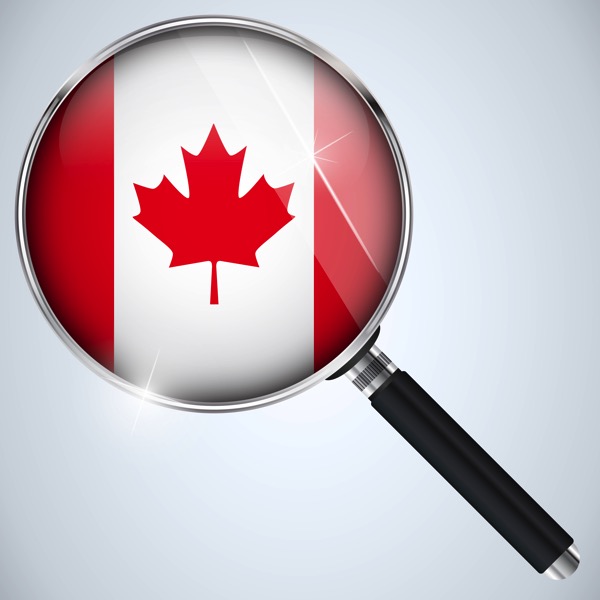Canadian privacy services insecure by law.

It looks like people who care about Internet anonymity need to look outside Canada for their providers. It is not just a concern that the Canadian government would be able to subpoena the information, but it is also vulnerable to insider and external attack. If the data exists, it will eventually leak.
Starting today Canadian Internet providers are required to forward copyright infringement notices to their subscribers. This notification scheme provides a safe harbor for ISPs but is also expected to result in a surge in piracy settlement schemes. The new law further causes trouble for VPN providers, who are now required to log customers for at least six months.
Canadian ISPs and VPNs Now Have to Alert Pirating Customers | TorrentFreak
Lance Cottrell is the Founder and Chief Scientist of Anonymizer. Follow me on Facebook, Twitter, and Google+.

